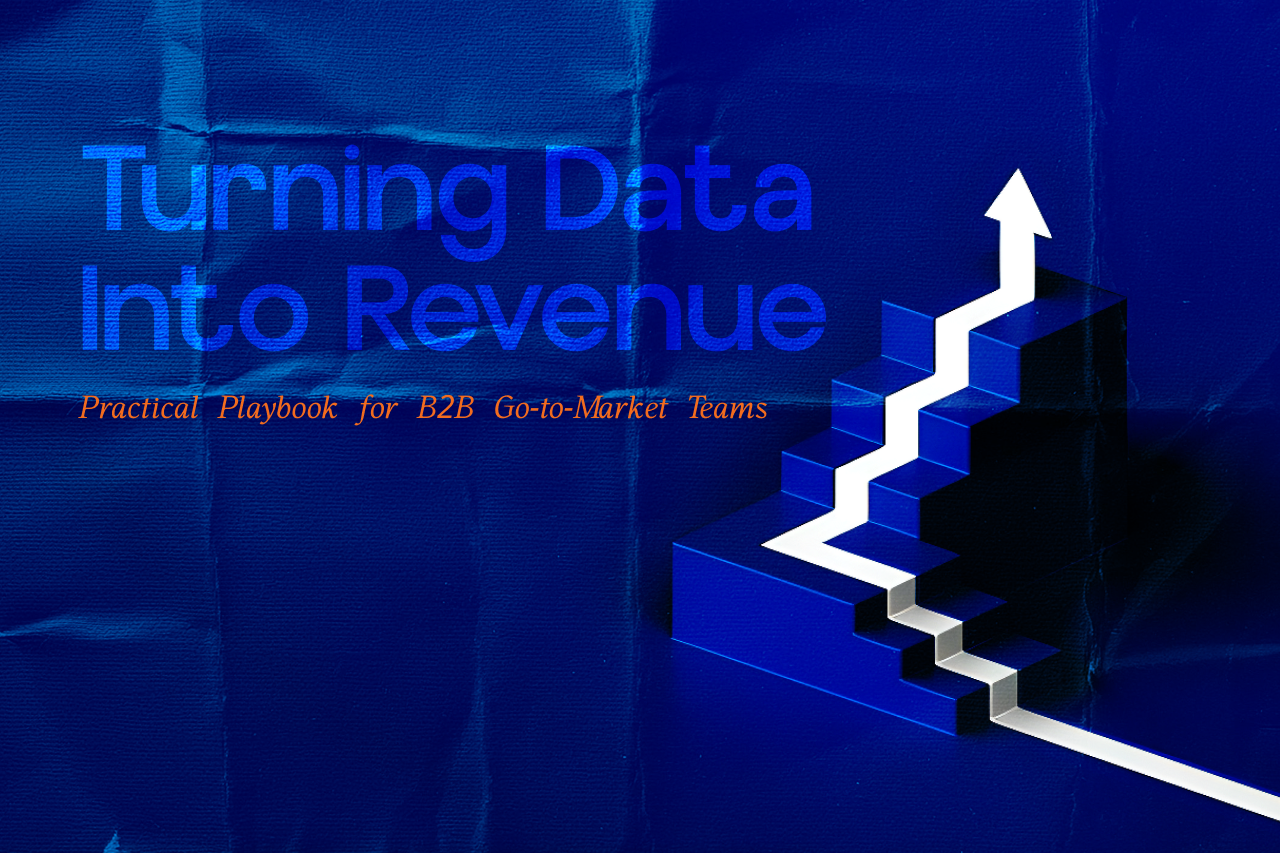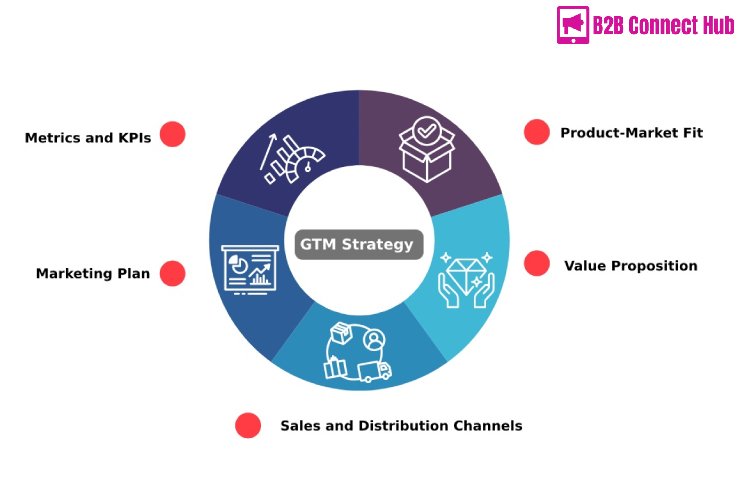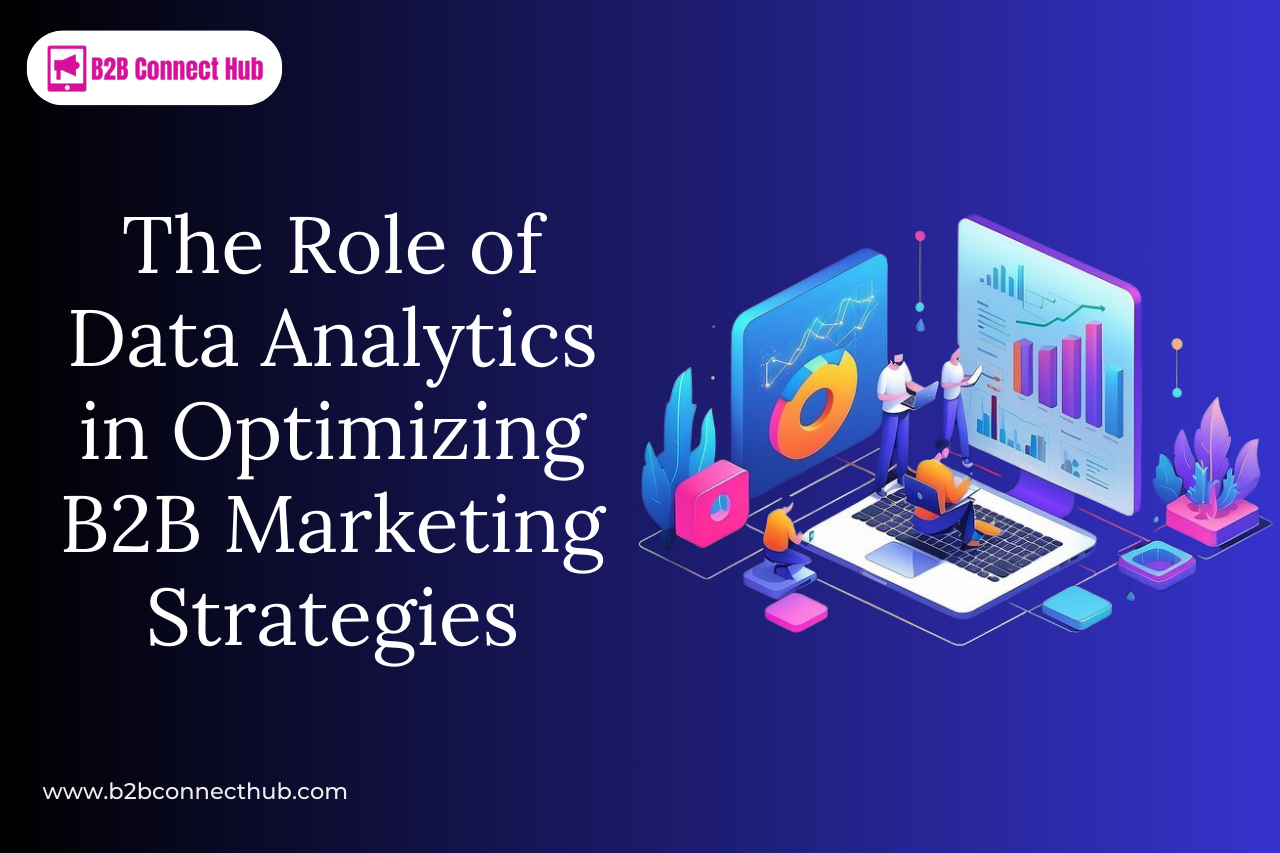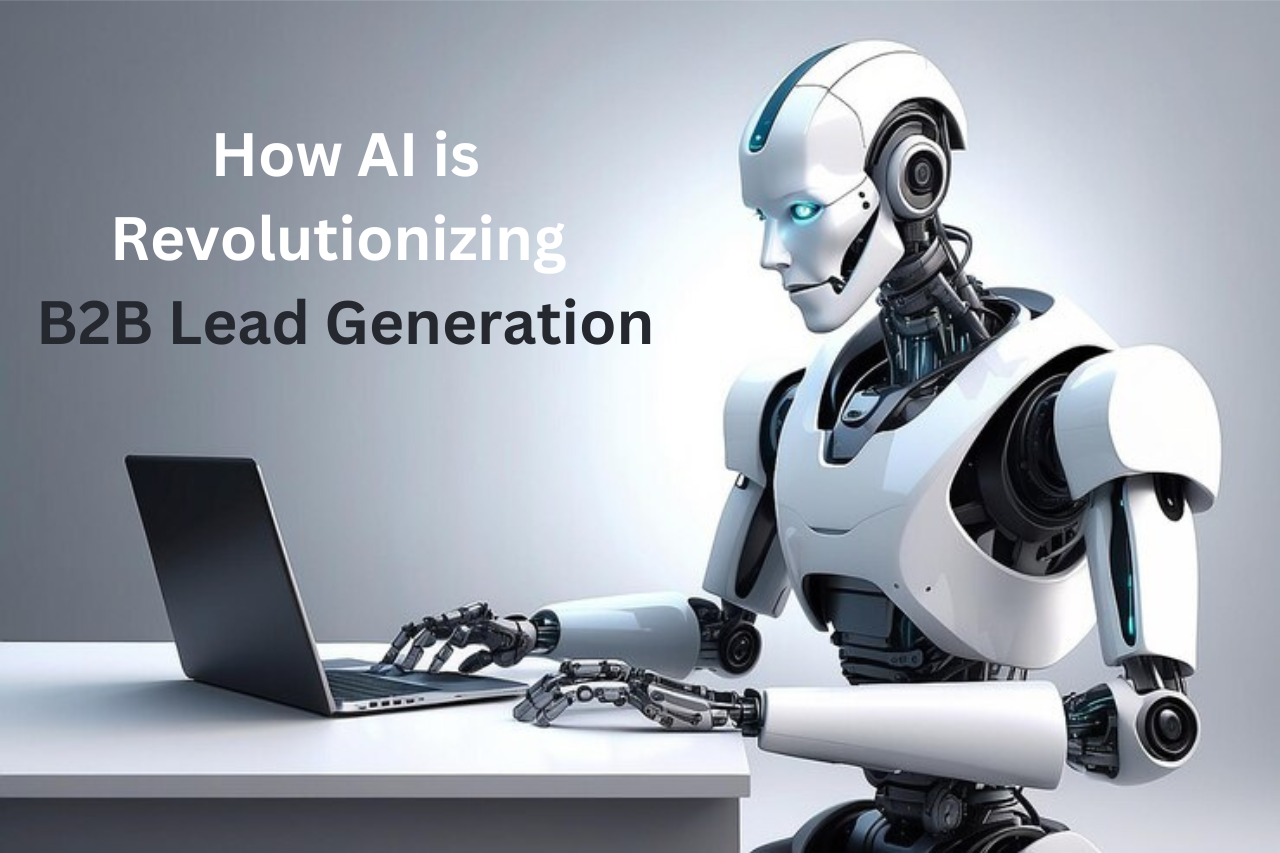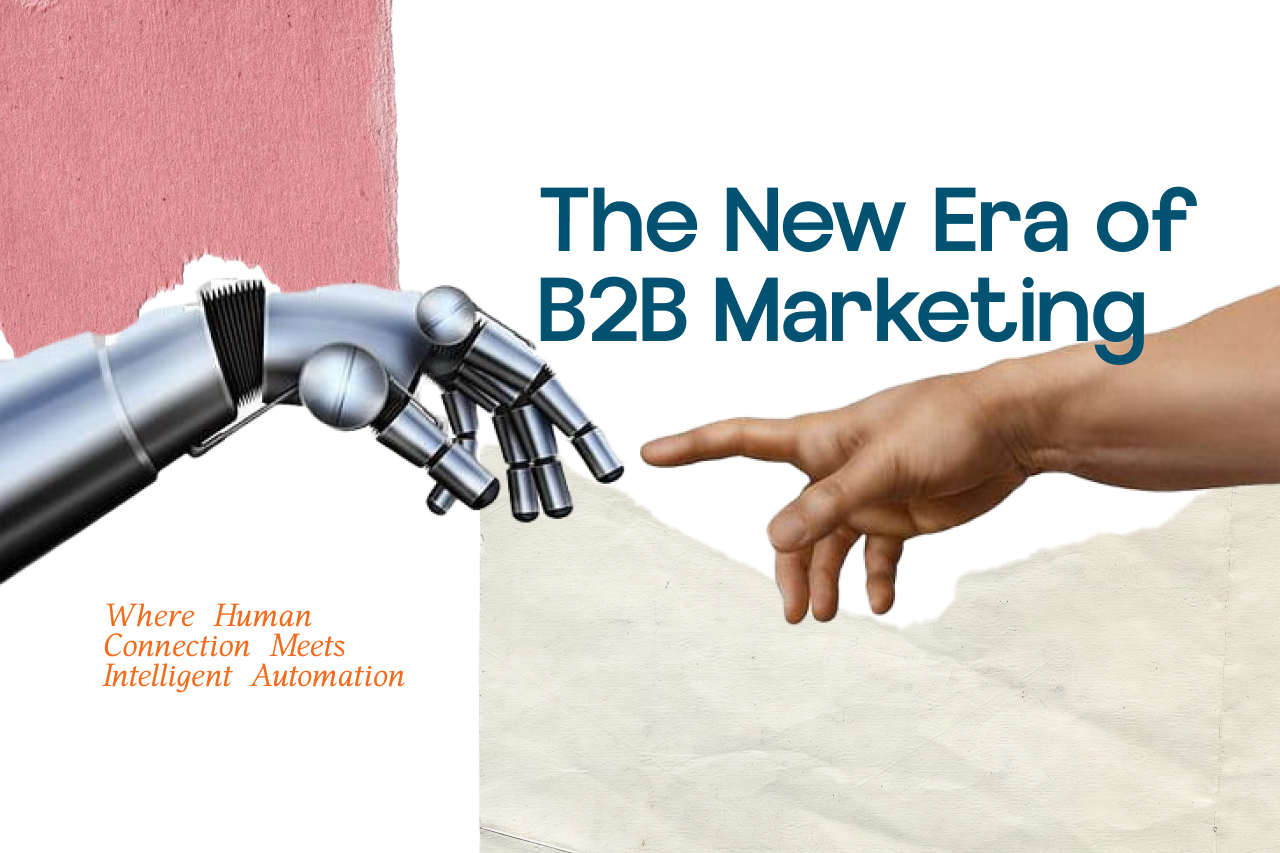
The New Era of B2B Marketing: Where Human Connection Meets Intelligent Automation
The New Era of B2B Marketing: Where Human Connection Meets Intelligent Automation In the fast-evolving world of B2B, the game has changed. No longer is success measured by the number of leads collected or the volume of outreach emails sent. Instead, it’s about creating meaningful connections — and doing it at scale. The modern B2B landscape is defined by one crucial intersection: human connection meets intelligent automation. B2B Connect Hub stands at this crossroads — where marketing, technology, and strategy come together to empower businesses that want to thrive in a digital-first world. The Shift from Transactions to Relationships For decades, B2B marketing was built on transactions — lead generation forms, trade shows, and sales funnels that treated customers as data points. But today’s buyers are smarter and more connected than ever. They don’t want to be sold to; they want to be understood. In fact, research shows that over 80% of B2B buyers are more likely to engage with brands that demonstrate a deep understanding of their business challenges. That’s where insight-driven marketing comes in — crafting strategies backed by data, empathy, and storytelling. At B2B Connect Hub, we believe the future of business growth lies in the ability to blend personalization, relevance, and human touch with the efficiency of automation. When done right, technology doesn’t replace human connection — it enhances it. Content as the Currency of Trust In B2B, content isn’t marketing — it’s value delivery. Thought leadership, industry reports, webinars, and case studies have become the new currency of trust. But as every company races to create content, the challenge isn’t producing more — it’s producing better. Smart brands use data-backed insights to shape narratives that educate, not just promote. They speak the language of decision-makers, address pain points, and provide real solutions. B2B Connect Hub curates and publishes actionable insights that help businesses: Strengthen their digital presence Understand emerging market trends Optimize lead conversion through better targeting Build stronger relationships across the buyer’s journey Because in today’s attention economy, relevance wins over volume every time. The Rise of AI and Intelligent Automation in B2B Artificial Intelligence (AI) is no longer the future — it’s the foundation. From lead scoring and predictive analytics to hyper-personalized email campaigns and conversational chatbots, AI is redefining how B2B organizations operate. However, automation alone can’t drive meaningful results without the right strategy behind it. That’s why forward-thinking companies are now adopting human-in-the-loop models — blending the precision of AI with the intuition of human judgment. At B2B Connect Hub, we explore how automation is transforming: Sales Enablement: Streamlining outreach and improving lead qualification Marketing Operations: Reducing manual tasks and increasing campaign efficiency Customer Experience: Personalizing communication at every stage of the buyer’s journey The most successful B2B organizations are not those that automate everything, but those that automate intelligently — empowering humans to do what they do best: think, create, and connect. From Data to Decisions: The Power of Insight Data is everywhere — but insight is rare. Many B2B companies are drowning in analytics yet starving for actionable intelligence. The goal isn’t just to collect data, but to interpret it in a way that drives real decisions. Whether it’s understanding customer intent, optimizing ad spend, or measuring campaign ROI, data-driven decision-making gives businesses a competitive edge. Through in-depth features and expert analysis, B2B Connect Hub translates complex market data into digestible insights that help leaders make smarter moves — from go-to-market strategies to long-term growth planning. Building Leadership Through Thought Leadership Thought leadership isn’t about being loud — it’s about being valuable. Business leaders today are not just company representatives; they are voices of authority shaping the industry conversation. From CEOs and CMOs to emerging founders, those who share their knowledge, experiences, and perspectives are the ones building influence that lasts. That’s why B2B Connect Hub serves as a platform for leaders to showcase their expertise, tell their brand stories, and inspire others in their space. By blending editorial storytelling with factual depth, we help business voices rise above the noise. The Future of B2B Collaboration The next decade of B2B growth will be collaborative. No single company — or even technology — can dominate the landscape alone. Ecosystems, partnerships, and co-creation will define the winners. Imagine marketing platforms that integrate directly with CRM systems, AI tools that sync with sales analytics, and business alliances that co-develop products for niche audiences. That’s where B2B is headed — a world where collaboration beats competition. B2B Connect Hub continues to spotlight stories of such innovation — startups partnering with enterprises, SaaS companies bridging data silos, and marketers collaborating across continents to deliver better business outcomes. Sustainability and Ethics in B2B Growth A new wave of accountability is rising in B2B. Beyond profit, businesses are being judged by how responsibly they operate — how they treat people, data, and the planet. Sustainable growth isn’t just a CSR checkbox anymore; it’s a differentiator. Clients and partners increasingly prefer working with companies that align with their ethical standards and values. Through its editorial content, B2B Connect Hub promotes the conversation around ethical marketing, transparent data usage, and corporate responsibility, reminding us that real business leadership goes hand in hand with purpose. The Human Core of Digital Business Technology is the enabler. Data is the guide. But humans are still the heart of B2B. Every purchase decision, partnership, and innovation starts with people. The companies that succeed are those that never lose sight of this — blending automation with empathy, analytics with creativity, and performance with purpose. At B2B Connect Hub, our mission is to connect, educate, and empower the modern business community. Whether you’re a marketer looking for insights, a leader exploring new strategies, or a brand ready to elevate its presence, we’re here to help you navigate the future of B2B — one connection at a time.

